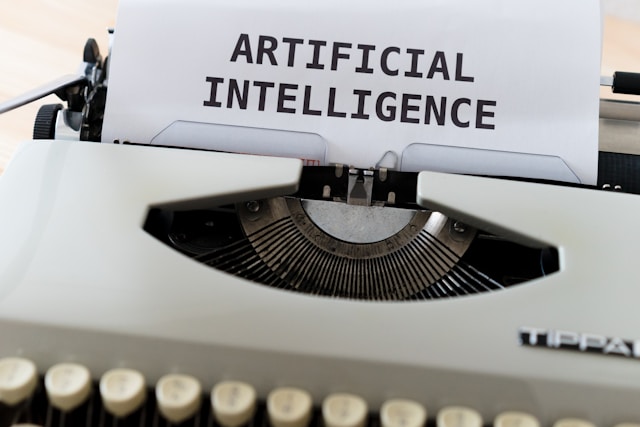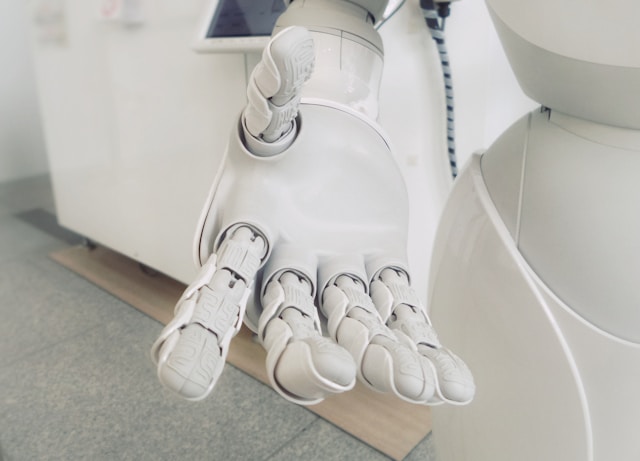Data Science and Artificial Intelligence (AI) are two buzzwords that often go hand in hand in today’s technological landscape. While they share some commonalities, they also have distinct differences in terms of scope, methodologies and objectives.
Data Science can be thought of as an interdisciplinary field that encompasses various techniques, algorithms and processes used to extract insights and knowledge from structured and unstructured data. It involves a combination of statistical analysis, machine learning, data mining and domain expertise to uncover patterns, make predictions and drive decision-making. At its core, Data Science revolves around transforming raw data into actionable insights that can be utilized to solve complex problems or improve processes across various domains such as healthcare, finance, marketing and more.
One of the primary goals of Data Science is to extract meaningful information from data sets, regardless of their size or complexity. This often involves preprocessing the data, performing exploratory data analysis (EDA), identifying relevant features and building predictive models using machine learning algorithms. Additionally, Data Science incorporates elements of data visualization to communicate findings effectively and facilitate decision-making processes.
On the other hand, Artificial Intelligence (AI) is a broader concept that refers to the development of computer systems capable of performing tasks that typically require human intelligence. These tasks may include understanding natural language, recognizing patterns, learning from experience and making decisions. AI encompasses various subfields, including machine learning, natural language processing (NLP), computer vision, robotics and expert systems.
While Data Science is concerned with extracting insights and knowledge from data, AI focuses on creating intelligent systems that can perceive the environment, learn from data and make decisions autonomously. Machine learning, a subset of AI, plays a crucial role in both fields by enabling computers to learn from data without being explicitly programmed. However, AI extends beyond just data analysis and encompasses a broader range of applications, including autonomous vehicles, virtual assistants, recommendation systems and more.
One key distinction between Data Science and AI lies in their objectives and methodologies. Data Science is primarily focused on extracting insights and knowledge from data to drive decision-making and solve specific problems. It leverages statistical techniques and machine learning algorithms to analyze data and make predictions based on patterns observed in the data. In contrast, AI aims to create intelligent systems that can mimic human cognitive abilities, such as learning, reasoning and problem-solving. AI encompasses a broader range of techniques and approaches, including symbolic reasoning, deep learning, reinforcement learning and evolutionary algorithms.
Another difference between Data Science and AI is their level of automation and autonomy. In Data Science, human intervention is often required at various stages of the analysis process, such as data preprocessing, feature selection, model training and evaluation. Data scientists play a crucial role in interpreting results, validating assumptions and making decisions based on the insights derived from data. In contrast, AI systems are designed to operate autonomously, learning from data and making decisions without human intervention in many cases.
While Data Science and Artificial Intelligence share some commonalities, they are distinct fields with different objectives, methodologies and applications. Data Science focuses on extracting insights and knowledge from data to drive decision-making, while AI aims to create intelligent systems capable of performing tasks that typically require human intelligence. Both fields play critical roles in advancing technology and driving innovation across various industries.







Leave a Reply